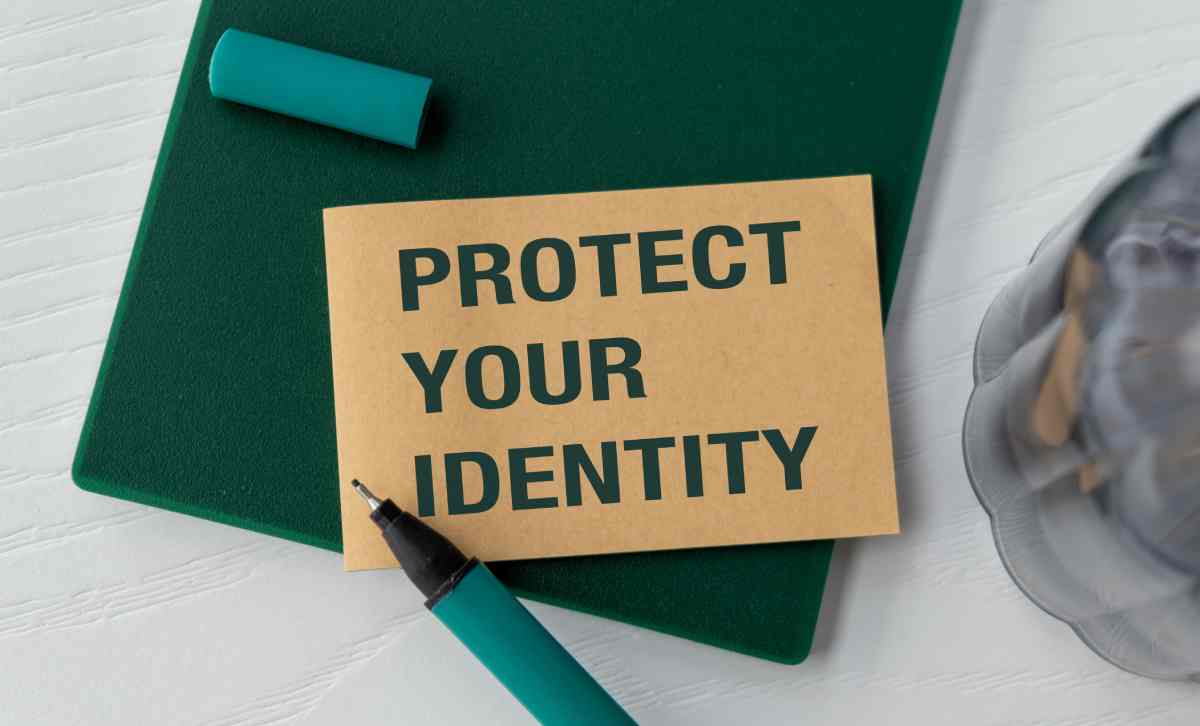Identity theft is a very serious matter, and if you’re ever tempted to think that it couldn’t happen to you, you should reconsider.
Identity theft occurs when someone steals another person’s personal information, like a Social Security number or credit card details, and uses that information without the owner’s permission to open new credit accounts, make purchases, or commit some other form of financial fraud.
According to United States Bureau of Justice statistics, around 9 percent of U.S. residents aged 16 or older experienced identity theft during 2021, meaning roughly 23.9 million people were victims of identity theft during that year (around 1 in 10 U.S. residents in that age range). It is vitally important that consumers understand, recognize, and understand how to stop identity theft.
If you or anyone you know is a victim of identity theft, you should know what your legal options are.
Common Types of Identity Fraud
Identity fraud can be committed in any number of ways, but the most common types of identity theft include, but are not limited to:
- Credit card fraud: A scammer using someone’s personal information to open or use a credit card account
- Bank fraud: Someone’s personal information being used to open or use their bank account illegally, including unauthorized ATM charges and bank transfers
- Loan or lease fraud: Someone’s personal information being used for a scammer to illegally get a loan or lease
- Medical identity theft: Using someone’s health insurance information to fraudulently receive medical services, prescriptions, or other treatments
- Online identity theft: Using someone’s personal information to somehow commit fraud online
Common Ways Identity Theft Occurs
The most common ways identity theft is perpetrated – and scammer methods all consumers should educate themselves on so that they can recognize – include:
- Data breaches (When a company’s database is hacked, exposing customer information like names, addresses, and credit card numbers)
- Phishing scams (When scammers send fraudulent emails or texts that appear to be from a legitimate source, tricking users into providing personal information like passwords or bank details)
- Mail theft (Stealing mail from mailboxes and even from the trash to access bank statements, credit card offers, or other sensitive documents)
- “Skimming” (Using a device to electronically capture credit card information when a card is swiped)
- Fake websites (Creating fraudulent websites that look like legitimate ones to trick users into providing personal details)
Needless to say, being a victim of identity theft can end up costing someone valuable time and money, or even his or her good credit score. It may even result in he or she having to declare bankruptcy if not addressed promptly.
How to Stop Identity Fraud
One way that consumers can stay on top of what is going on with their financial identity and credit is by frequently monitoring their financial statements and medical records, instituting strong passwords, guarding health insurance information, and by being overly cautious when it comes to sharing personal information online or over the phone.
Legal Options for Victims of Identity Fraud
If an identity breach does occur, lost or stolen identification, credit cards, or other sensitive financial information should be reported immediately to your financial institutions, healthcare providers, and even the Federal Trade Commission and local law enforcement.
Document everything and place fraud alerts and credit freezes with credit bureaus (Equifax, Experian, and Trans Union).
Remember, it is crucial that consumers like you understand the importance of what identity theft is and of acting promptly if identity theft happens to you.
For specific questions about identity theft in the state of Kentucky or legal options for victims of identity theft, come see us at the Law Office of Matthew L. Collins. We will use our expertise to work with you to provide personalized legal assistance, guidance through the recovery process, assistance with correcting fraudulent records and resolving disputes, and counsel based upon what is best for you. We are located in Lawrenceburg, Kentucky and serve the surrounding Central Kentucky area including Anderson County, Woodford County, and Fayette County.


